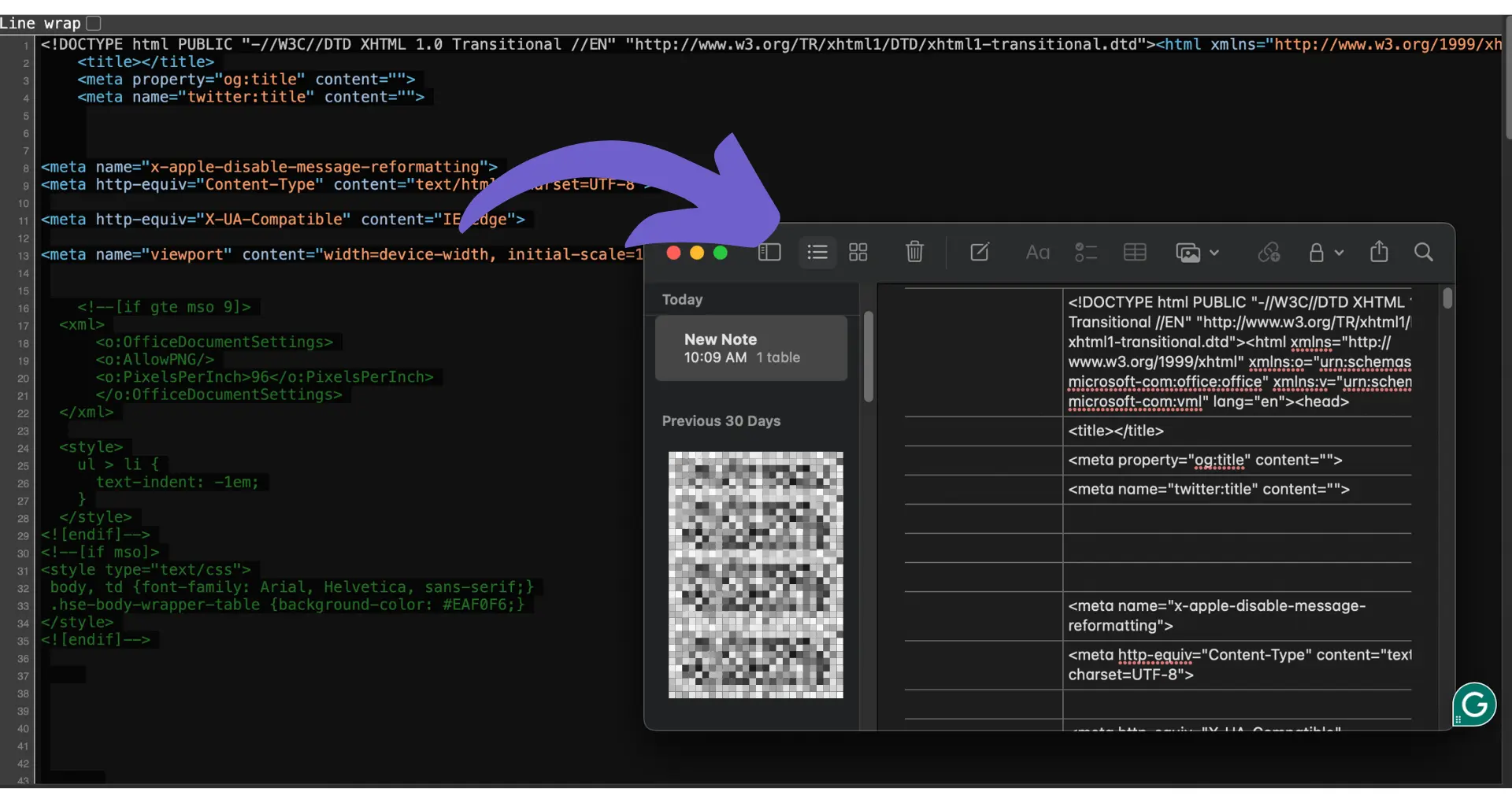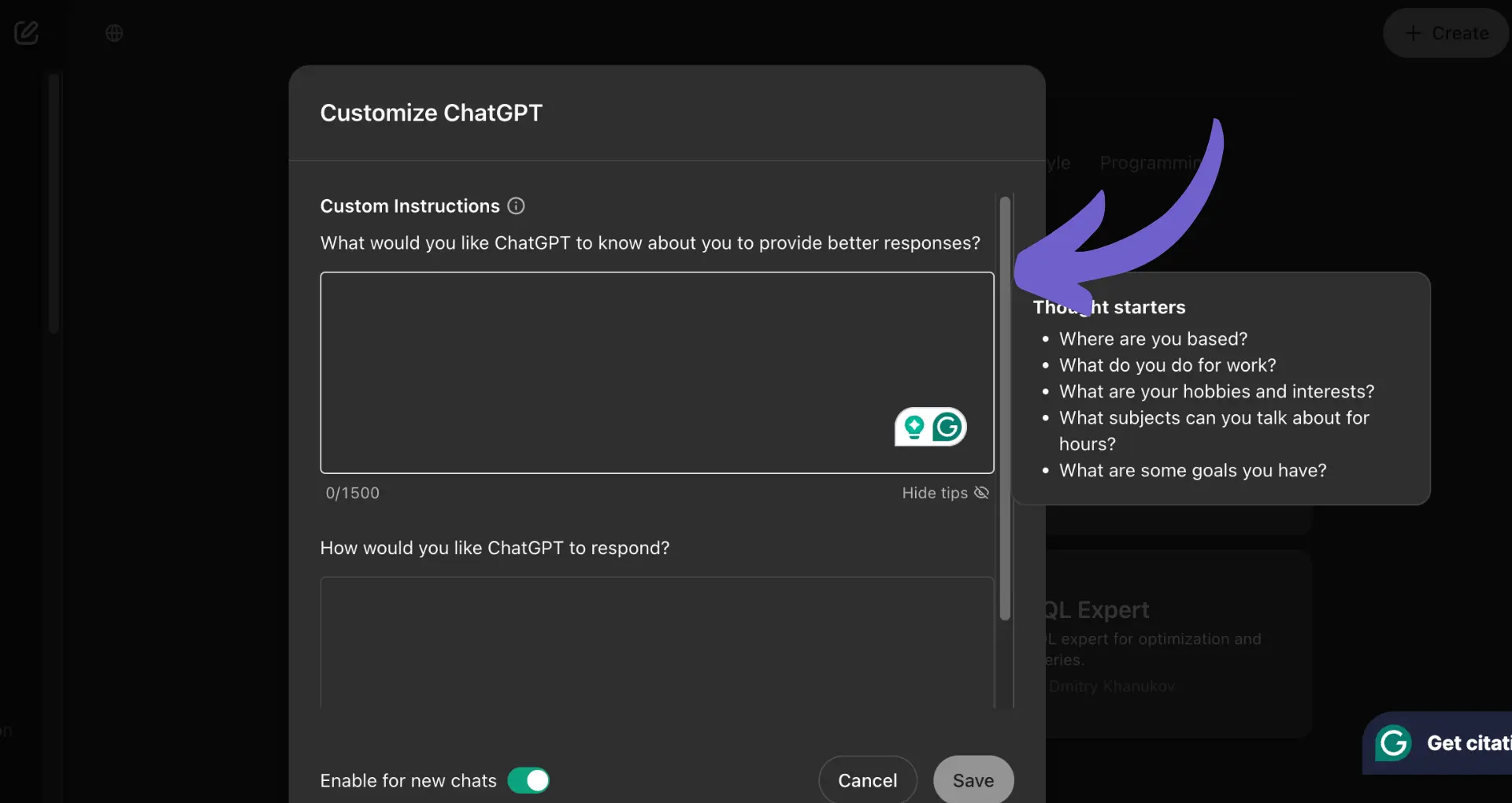In a world where digital transactions are the norm, ensuring the security of your electronic signatures is crucial. With so many options available, how can you be sure that your sensitive documents and data are protected? This comprehensive guide will dive deep into the security features of DocuSign, one of the leading e-signature platforms, to help you understand why it's trusted by millions of users worldwide.
From advanced encryption and identity verification to tamper-evident seals and audit trails, we'll explore the multiple layers of protection that DocuSign employs to keep your electronic signatures safe and legally binding. Get ready to discover the peace of mind that comes with using a truly secure e-signature solution.
DocuSign's Robust, Multi-Layered Approach to Protecting Your Data
DocuSign utilizes a comprehensive, defense-in-depth security strategy to ensure your sensitive data remains secure at all times. This multi-layered approach includes:
1. Multiple Security Controls
From physical security measures at its datacenters to network security, application security, and data encryption, DocuSign employs numerous overlapping controls. For example, its datacenters have strict access controls and 24/7 monitoring to prevent unauthorized entry. On the digital side, firewalls, intrusion detection, and encryption protect data both in transit and at rest.
2. Compliance with Industry Standards
To give customers peace of mind, DocuSign ensures its security practices align with rigorous industry standards like:
- SOC 1 and SOC 2
- ISO 27001
- PCI DSS
- HIPAA
Adhering to these benchmarks demonstrates DocuSign's commitment to protecting customer data to the highest degree. Regular audits verify ongoing compliance.
3. Proactive Threat Detection and Mitigation
Rather than just reacting to incidents, DocuSign proactively works to identify and mitigate potential threats using advanced technologies like:
- Malware detection
- Intrusion detection and prevention
- Vulnerability scanning
This allows quickly identifying and addressing any possible issues before they can impact the security of the DocuSign platform and the data it processes.
By implementing multiple security controls, adhering to top industry standards, and proactively monitoring for threats, DocuSign provides robust, comprehensive protection for the sensitive data entrusted to it. Customers can feel confident that their information remains secure when using DocuSign's platform.
Next up, we'll take a closer look at two critical aspects of DocuSign's security approach - data encryption and access control. Discover how these help keep your data safe and compliant.
Protecting Your Data with DocuSign's Robust Encryption and Access Controls
DocuSign takes a comprehensive approach to safeguarding your sensitive information, combining strong encryption with granular access controls. This multi-layered security strategy ensures the confidentiality and integrity of your documents throughout their lifecycle.
1. Industry-Leading AES 256-Bit Encryption
When you entrust your documents to DocuSign, you can rest assured they are protected by one of the most robust encryption standards available - AES 256-bit encryption. This advanced encryption is applied to your files both in transit, as they are being uploaded or downloaded, and at rest when stored on DocuSign's secure servers.
For example, let's say you're a healthcare provider sharing patient records via DocuSign. With AES 256-bit encryption, you can be confident that even if a malicious actor intercepted the data, they would be unable to decipher the contents without the encryption key.
2. Granular User Roles and Permissions
Not every user in your organization needs access to every document. That's why DocuSign provides granular access control features, allowing you to assign specific roles and permissions to each user. This ensures that sensitive information is only accessible to those who require it for their work.
Imagine you're a financial institution using DocuSign for loan applications. With customizable user roles, you can ensure that loan officers have full access to the documents they need, while restricting access for other employees who don't need to view that private information.
3. Tamper-Evident Audit Trails
DocuSign's audit trail functionality provides a complete, tamper-evident record of every action taken on a document. This includes who accessed the file, when they accessed it, and what actions they took. The audit trail is captured in a Certificate of Completion, which serves as legal proof of the document's validity.
This feature is particularly valuable in highly regulated industries like legal services. If a contract's authenticity is ever called into question, the audit trail provides indisputable evidence of its integrity, helping to protect against legal disputes.
By combining strong encryption, access controls, and audit trails, DocuSign provides a robust security framework to protect the security of your data. You can trust that your sensitive information remains confidential and tamper-proof.
Save time by using Bardeen's integration with Google Drive. Easily integrate Google Drive with other apps to automate your document workflows and keep everything secure.
Up next, we'll explore how DocuSign's secure infrastructure and operational practices provide an additional layer of protection for your documents. Get ready to learn about the extensive measures DocuSign takes behind the scenes to keep your data safe.
DocuSign's Secure Global Infrastructure: Protecting Your Agreements 24/7
DocuSign's robust infrastructure, spanning multiple globally distributed data centers, ensures your agreements remain secure and accessible around the clock. With built-in redundancy, failover capabilities, and comprehensive backup strategies, DocuSign maintains high availability and business continuity, even in the face of unexpected disruptions.
1. Globally Distributed Data Centers
DocuSign's infrastructure is strategically distributed across multiple geographic regions, with data centers located in North America, Europe, and Asia-Pacific. This global presence not only enhances performance by reducing latency for users worldwide but also provides an additional layer of protection against localized failures or disasters.
For example, if a natural disaster were to impact one data center, DocuSign's redundant architecture would automatically route traffic to another facility, ensuring uninterrupted access to your agreements and maintaining the integrity of your business processes.
2. Secure Software Development Lifecycle
DocuSign adheres to a rigorous secure software development lifecycle (SDLC) that incorporates security best practices at every stage, from initial design and coding to testing and deployment. This proactive approach helps identify and address potential vulnerabilities before they can be exploited.
Secure coding guidelines, regular code reviews, and comprehensive security testing are integral components of DocuSign's SDLC. By embedding security into the development process, DocuSign ensures that its infrastructure and applications are built with a strong foundation of security from the ground up.
3. 24/7 Security Monitoring and Incident Response
DocuSign's dedicated security operations center (SOC) maintains constant vigilance over its infrastructure, monitoring for potential threats and anomalies 24 hours a day, 7 days a week. Leveraging advanced security technologies and expert personnel, the SOC can quickly detect and respond to security incidents, minimizing the impact on your agreements and data.
In the event of a security incident, DocuSign's incident response team follows well-defined procedures to investigate, contain, and remediate the issue. This swift and coordinated response helps ensure the ongoing security and integrity of your agreements, even in the face of evolving cyber threats.
DocuSign's secure global infrastructure provides a solid foundation for protecting your agreements and maintaining the continuity of your business operations. By leveraging geographically distributed data centers, adhering to secure development practices, and maintaining constant security monitoring, DocuSign delivers the peace of mind you need to focus on driving your business forward.
Next, we'll explore how you can further strengthen your agreement security by leveraging the configurable security options available within the DocuSign platform. Get ready to discover the power of customizable settings that put you in control of your agreement security.
Personalize Your DocuSign Security: Configurable Options for Optimal Protection
DocuSign offers a range of configurable security options, empowering users to tailor their security settings to their specific needs. By leveraging features like multi-factor authentication, customizable password requirements, and secure document sharing controls, DocuSign users can fortify their accounts and protect their sensitive agreements from unauthorized access.
1. Multi-Factor Authentication: An Extra Layer of Security
Multi-factor authentication (MFA) adds an additional layer of security to your DocuSign account, ensuring that only authorized users can access your documents and data. By requiring a second form of authentication, such as a one-time passcode sent to your mobile device, MFA helps prevent unauthorized access even if your password is compromised.
For seamless MFA setup, check out how to integrate Bardeen for secure workflow automation. Automate repetitive security tasks with just a few clicks.
For example, imagine a scenario where a cybercriminal obtains your DocuSign password through a phishing scam. With MFA enabled, they would still be unable to access your account without the secondary authentication factor, effectively thwarting their attempt to steal your sensitive information.
2. Customizable Security Settings for Tailored Protection
DocuSign allows users to customize their security settings to align with their organization's security policies and risk tolerance. Password strength requirements, session timeout durations, and IP address restrictions are just a few examples of the settings users can adjust to enhance their account security.
By enforcing strong password requirements and regularly prompting users to update their passwords, organizations can minimize the risk of unauthorized access. Similarly, setting appropriate session timeouts and restricting access to specific IP ranges can help prevent unauthorized use of idle accounts or access from untrusted networks.
3. Secure Document Sharing and Collaboration
DocuSign provides a range of options for secure document sharing and collaboration, ensuring that your agreements are only accessible to intended recipients. Features like document expiration dates, password protection, and watermarking help maintain control over your documents even after they've been shared.
For instance, when sharing a sensitive contract with a client, you can set an expiration date to ensure the document is only accessible for a limited time. Additionally, applying a password to the document and watermarking it with the recipient's email address can deter unauthorized sharing and help track any potential leaks.
By leveraging DocuSign's configurable security options, users can create a personalized security framework that meets their unique needs and ensures the highest level of protection for their agreements and data.
You've made it this far in our comprehensive guide to DocuSign's security! Give yourself a well-deserved pat on the back for your commitment to understanding how DocuSign keeps your agreements safe and secure. In the next and final section, we'll tie everything together and recap the key takeaways from this in-depth exploration of DocuSign's security features.
Conclusion
Understanding DocuSign's security is crucial for protecting your sensitive documents and data. This comprehensive guide covered:
- DocuSign's multi-layered security approach, including physical, network, and application security measures
- Data encryption and access control features that safeguard your documents
- Secure infrastructure and operational practices that ensure high availability and incident response
- Configurable security options for users to personalize their account protection
By leveraging DocuSign's robust security features and following best practices, you can confidently manage your agreements while maintaining the highest level of security. Don't let your sensitive information fall into the wrong hands - become a DocuSign security expert today!






